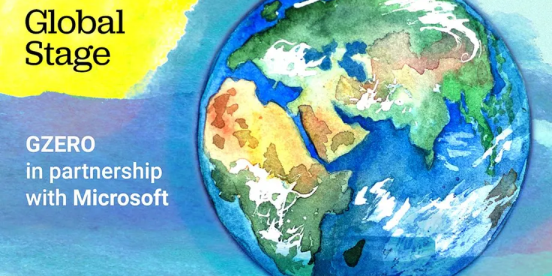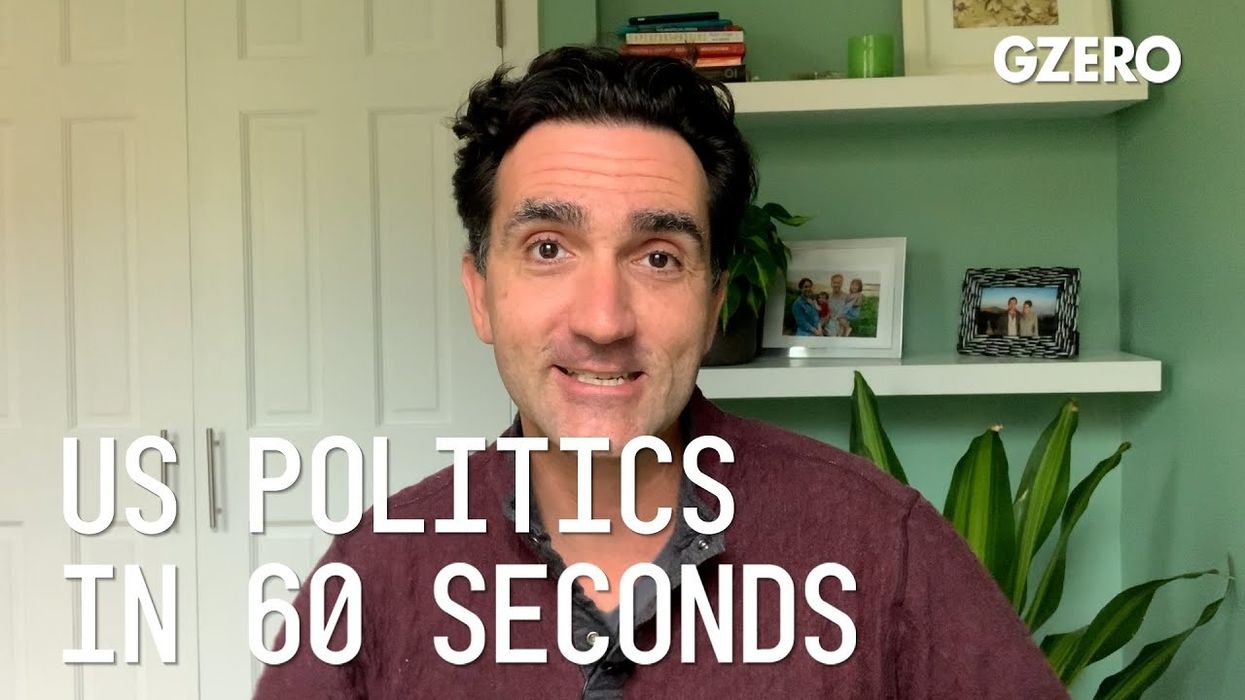We have updated our Privacy Policy and Terms of Use for Eurasia Group and its affiliates, including GZERO Media, to clarify the types of data we collect, how we collect it, how we use data and with whom we share data. By using our website you consent to our Terms and Conditions and Privacy Policy, including the transfer of your personal data to the United States from your country of residence, and our use of cookies described in our Cookie Policy.
Barrett hearing reflects Supreme Court polarization; predicting US voter turnout
Jon Lieber, who leads Eurasia Group's coverage of political and policy developments in Washington, offers insights on the latest in US politics:
What has been most revealing to you about the Amy Coney Barrett hearing so far?
Well, what was interesting about them to me was how nakedly political they are. Normally, you have at least the pretense of probing the justice's judicial philosophy, trying to figure out where they stand relative on the political spectrum. But here, you know, the Republicans know they have a vote, so it's largely been cheerleading. And the Democrats have been running what looks like a political campaign, asking questions about the Affordable Care Act, bringing up constituent stories of people who are going to be affected should the Supreme Court knock it down in a way that just is really unusual for Supreme Court. I think that just reflects the polarization of the court and political polarization more generally.
Will we get a COVID stimulus bill before the election?
Probably not. House Speaker Nancy Pelosi continues to talk to Treasury Secretary Steve Mnuchin. They seem to be aligned and wanting to get a deal. Although Pelosi has no political incentive to do so, and Mnuchin very likely doesn't have the votes to pass as large of a deal as they're going to try to cut in the US senate because of opposition from conservative Republicans. So, I would be really surprised if this thing went anywhere.
What do you predict voter turnout will be in this election when all is said and done?
Turn out in this election is going to blow the doors off the previous records. 139 million people voted in 2016. 113 million voted in 2018, which was a record for a midterm election. You already have about 16% of the 2016 level ballots coming back already through early voting. States are expanding access to early voting. They're expanding access to mail voting. A state like California, which has a huge population, is sending out ballots to every voter automatically. You saw massive surges in turnout in the primaries and there's more ways to vote now than ever. Plus, you're going to have fewer rejected ballots because states are extending the deadlines in which mail ballots can be accepted. So, this is a big election. Pollsters are hearing that Americans have a high level of interest in this election. I think it could approach 150 million Americans and potentially even more.

